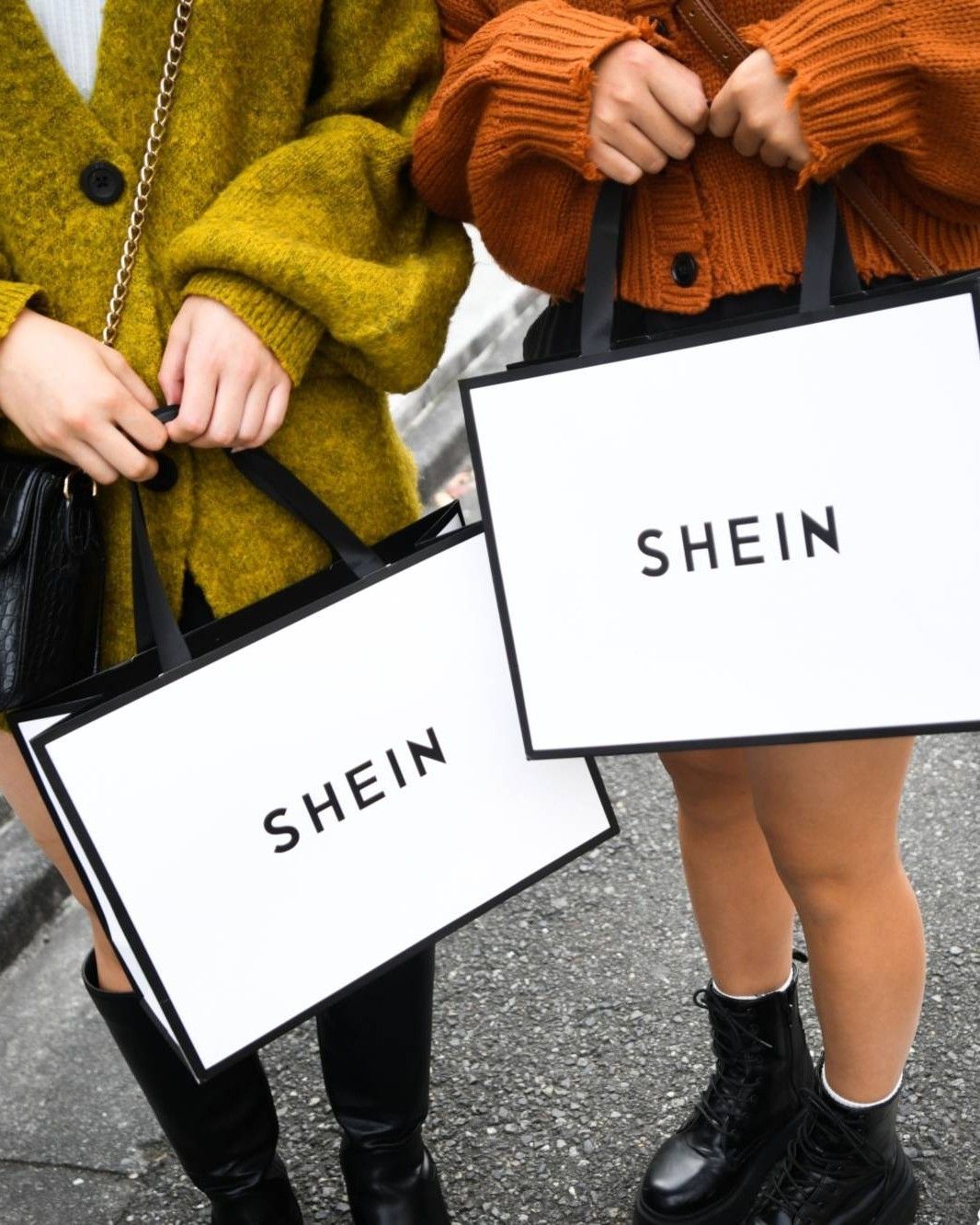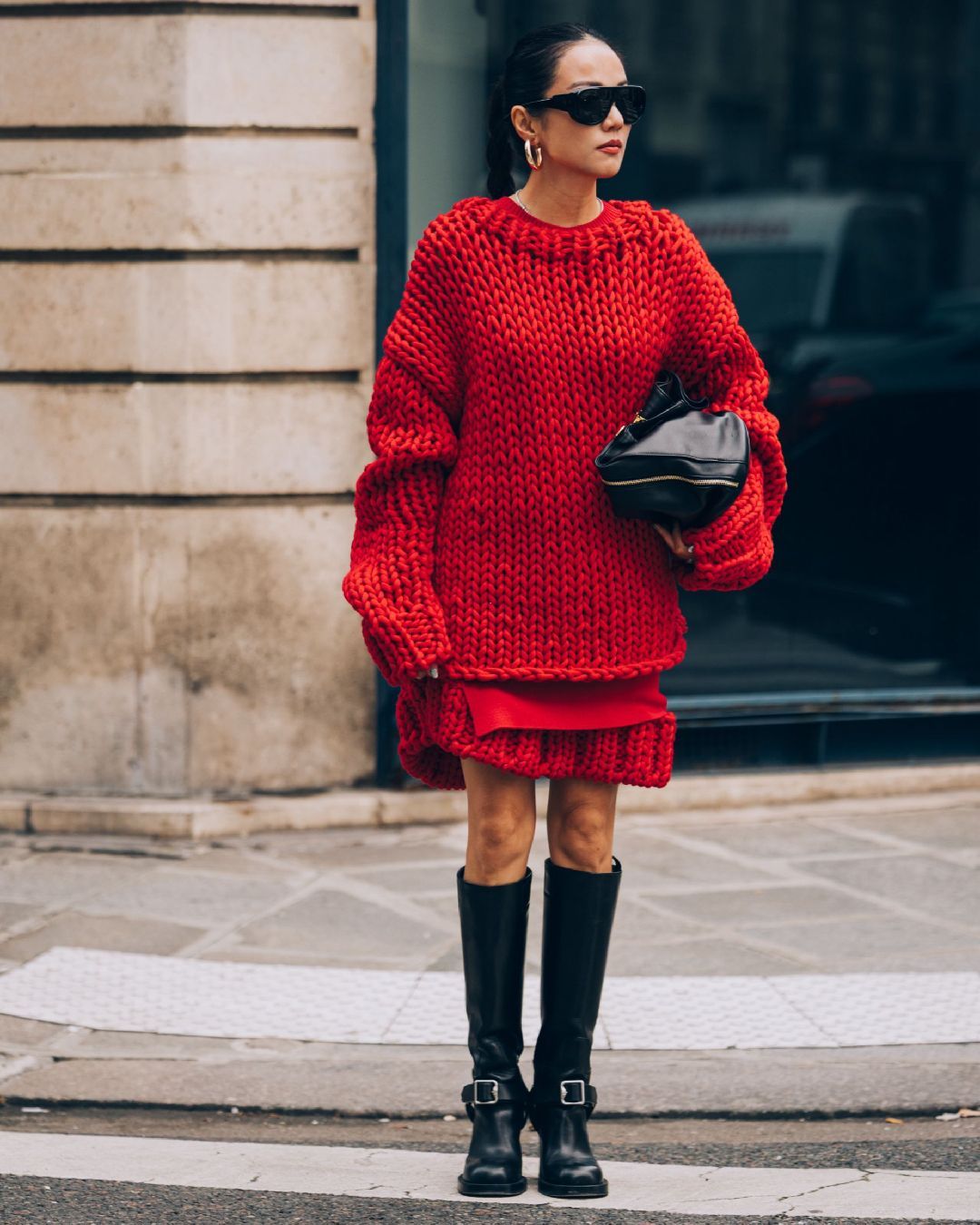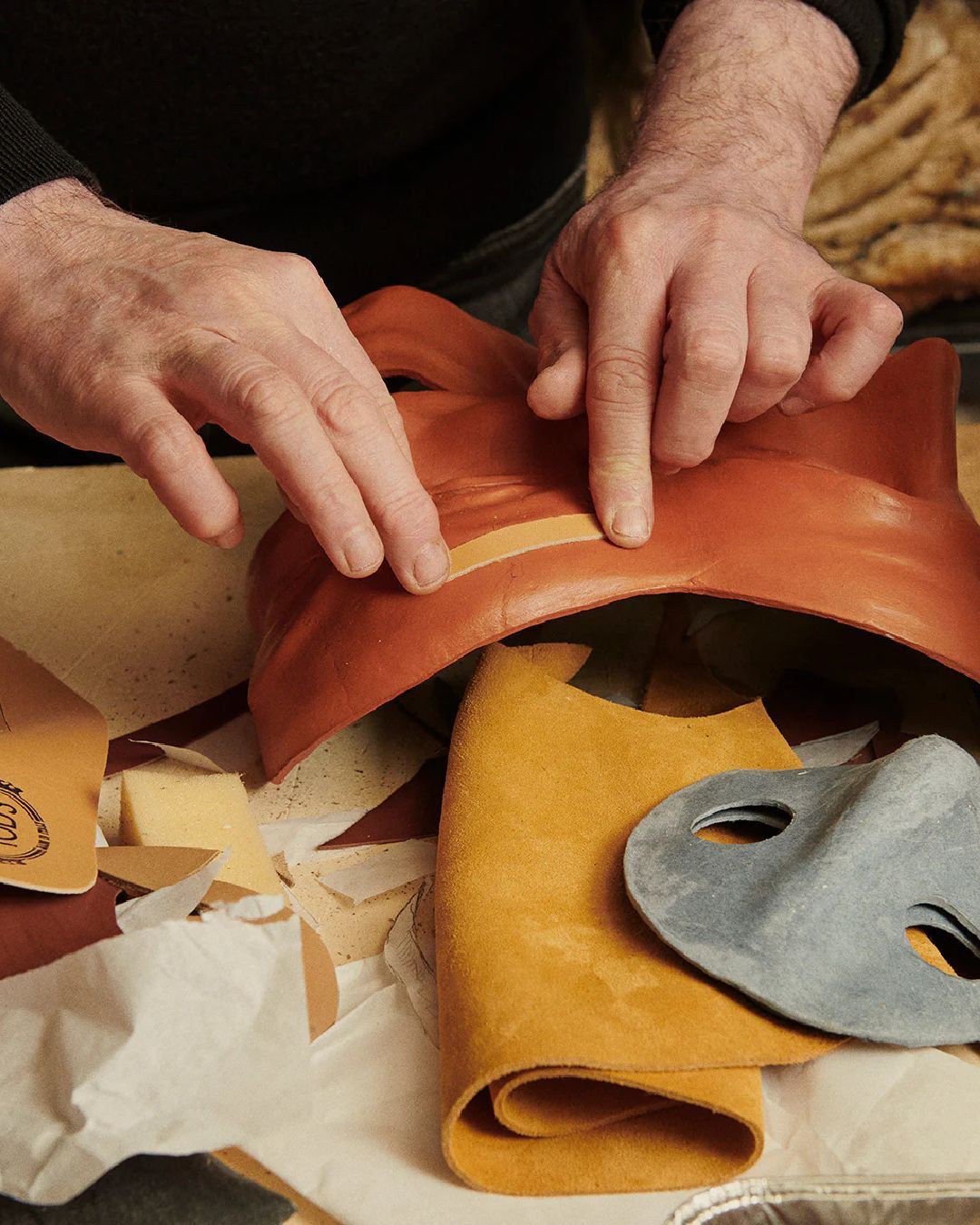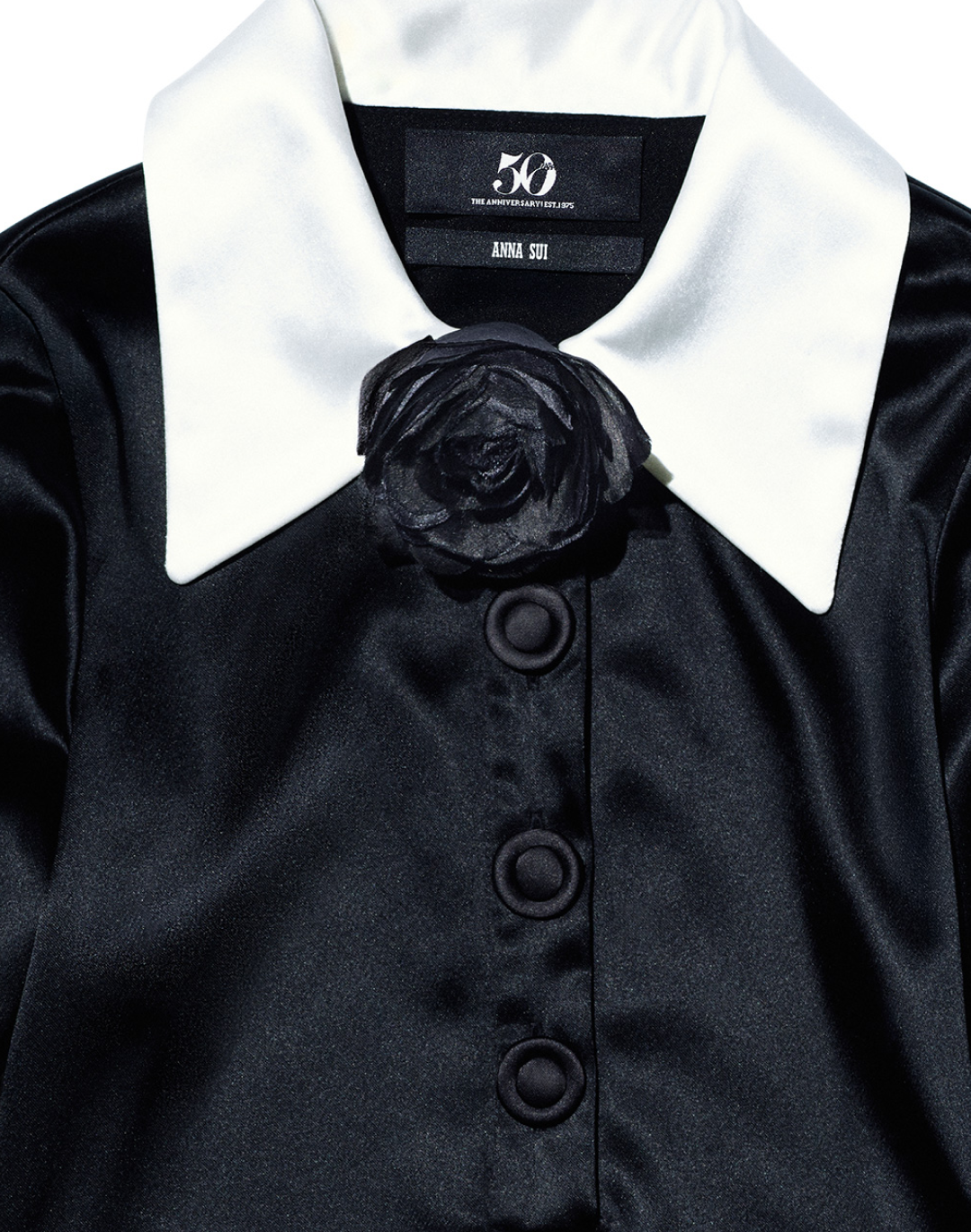
Are sustainable fashion brands doomed to failure? Challenges and successes in the battle against the fast fashion giants
At the beginning of September, the 100% recycled brand Hopaal shut down, eight years after its launch, despite its promising beginnings. According to its statement, the French company could not survive the crisis in the textile industry, which made the situation irreparably compromised. Unfortunately, this is a story that repeats itself for many sustainable fashion brands. Despite increased social awareness of the environmental impacts of fast fashion, questions arise about the economic viability of eco-conscious fashion models. Do they have a chance against the giants of fast fashion? This question becomes even more crucial during times of crisis in the apparel industry.
Generally, the business model of sustainable brands relies on the use of eco-friendly or sustainable materials, transparency and traceability in the production chain, and, among other things, a small-batch production model to avoid waste. Inevitably, the final price of the product is relatively higher than that of fast fashion, with slimmer margins. The crucial question is: how do you convince the public, especially in times of inflation, to spend €150 on a white t-shirt when fast fashion brands sell it for €5? Unfortunately, it seems that ecological awareness is not enough to discourage consumers from turning to brands like Zara, which, except during the Covid period, continues to grow. In 2023, its sales reached a peak of 26 billion euros, according to data from Statista. Impressive figures, at a time when the purchasing power of the middle class keeps declining. In this inflationary context, the future of eco-friendly brands seems compromised because sustainable equals expensive. Hopaal joins a long list of ethical brands that have failed to survive the market, such as Zady, a pioneering sustainable fashion brand in the United States that had to close its operations after four years despite an initial warm reception.
However, in this discouraging atmosphere, there are also success stories, such as the famous eco-responsible American brand Reformation. The company, founded by Yael Aflalo, doubled its sales in just four years, reaching 300 million dollars in 2023. Reformation has managed to establish itself in the cutthroat fashion landscape, especially thanks to its chic dresses and its ability to attract a young audience. “They identify with brands that have a voice and stand for something. By staying true to the core principles we've established over the last 10 to 15 years, we've really been able to attract a Gen Z audience.” explains the founder, interviewed by the National Retail Federation. The brand, which invests in clean technologies and in carbon emission reduction, has succeeded in making environmental commitment trendy among celebrities and young people.
On a smaller scale, the French brand Maison Cléo also stands out by offering unique slow fashion pieces combining vintage and sexy. These are favored by celebrities like Angèle or Emily Ratajkowski. The label, founded in 2015 by Marie Dewet and her mother, went from selling its pieces on Instagram to participating in Paris Fashion Week. An impressive evolution for a small brand with only three seamstresses. Furthermore, Maison Cléo defies fast fashion standards by displaying production cost details of its products, as shown in this Instagram post. This refreshing transparency, in contrast to the opacity of giants like Shein regarding their manufacturing and pricing practices, helps the French company build trust with its clientele by offering a model of authenticity. These brands show that sustainable fashion can be both trendy and profitable, offering a glimmer of hope for systemic change. However, competition remains fierce against the fast fashion moguls. Surviving in this environment requires unwavering resilience, constant creativity, and the ability to form authentic connections with one’s audience.














































